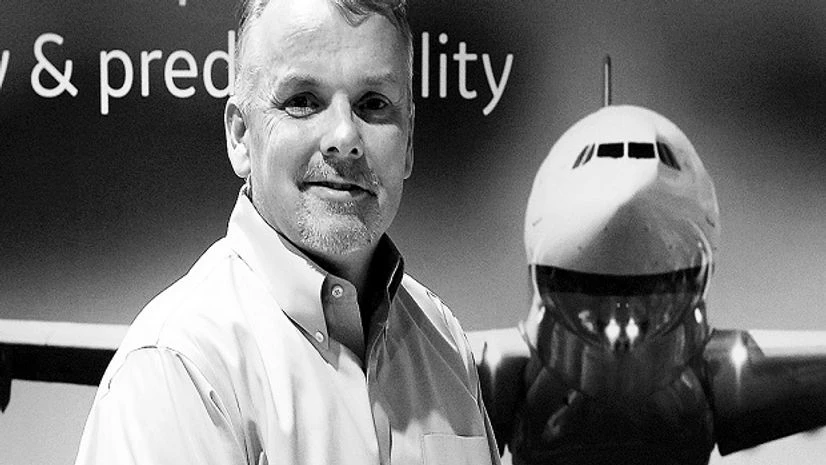The future of technology will be different, says James R Fowler, vice-president and chief information officer at GE, in an interview with Raghu Krishnan and Ayan Pramanik. Edited excerpts
GE started the outsourcing wave in India. Is that wave over?
It is. when I joined the company 15 years ago, we were running an initiative called 70:70:70 — 70 per cent of the work we would do would be outsourced, 70 per cent would be done by partners, 70 per cent would be done offshore. When I took this role early this year, I realised 74 per cent of the people working for me do not work for GE. We realised we did not understand our own business. We made a decision for 50:50, and there is still a role for contractors to play, business partners to play. But I have to bring intellectual property in house. We have moved from being project managers to product managers, where each of our products is treated like a commercial product.
The IT industry is facing a threat from artificial intelligence and other digital technologies...
We are in a world today where people tell machines what to do. In the next 10 years, machines will tell people what to do. Look at how tax accounting has been taken over by software. Software tells you how to drive your car to specific locations. We are going to see more automation work, so the knowledge worker's job is going to change. Instead of capturing data and analysing it, I am going to start great models for the decisions they are going to make tomorrow, what predictive outcomes companies are going to see.
Also Read
Are IT services companies working towards the change?
Mindset change starts with the CIO. They should take the risk and sign up for things that matter – revenue, cost productivity, cash generations, acquiring profit. If they take that risk they are going to bring partners in their journey and they are going to help them meet those objectives and they are going win. There are companies that have grown because they can provide the cheapest service. I am not as concerned today with the cost for our resource as I am with productivity. I am willing to pay more to get more productivity.
We hear the role of the CIO is dead…
For those CIOs who want to maintain the status quo, who are worried about upgrades, obsolescences and infrastructure, who don't take risks and don't sign up for things that matter, I think their job is dead. But there are still viable options, like the role of a chief operating officer. When you start looking at finance, HR, legal, supply chain and other things to turn into a chief operating officer, it is part technology and part business process. Another one is the digital CIO. You start thinking about how do you make sure products developed internally have commercial value externally. If you look inside GE, my predecessor, now the CEO of the transportation business, is somebody who came from an IT background.
You said you will become the second largest IT company. What does that mean for you?
In 2016, we will have about $6 billion in revenue. Between now and 2020, it will be $15 billion. About $10 billion will come from applications developed for our customers, $4 billion will come from software, and $1 billion will come from productivity improvements inside the company. We do not want to be a leader in enterprise technology, we want to lead in industrial technology.

)
